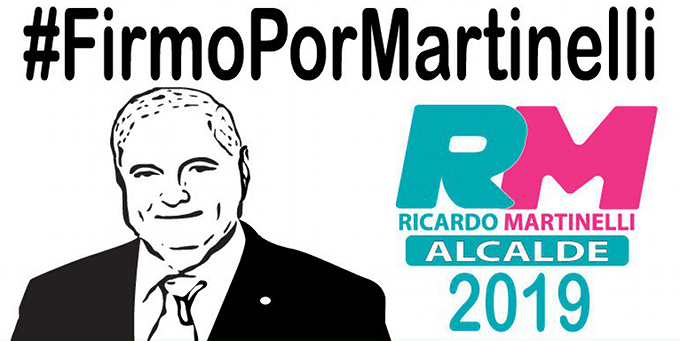
Will a high court panel let Martinelli go?
by Eric Jackson
On Monday, October 22, Supreme Court magistrate Oydén Ortega granted an “amparo de garantías” — a hearing on a constitutional challenge — to jailed former president Ricardo Martinelli. This gives Martinelli a hearing before a court panel on an argument that his resignation from the Central American Parliament stripped the high court of jurisdiction over the eavesdropping case for which he is currently on trial.
It gets into arcane procedural questions of when Martinelli’s resignation from the scarcely relevant regional body was effective and when the ongoing trial started. Would the ex-president be able to beat a criminal rap by a resignation once a trial was underway, then be able to plead double jeopardy if the charges were to be brought through the ordinary criminal process? Much of that depends on how one defines certain stages of procedure. For some purposes the opening of an investigation has been held to be the start of a criminal proceeding, after which another proceeding about the same matter would be barred as double jeopardy. Were that standard applied, then the effective date of the resignation would not much matter.
The amparo is presented as a constitutional appeal against the ruling of magistrate Jerónimo Mejía that the trial started with Martinelli as a legislator against whom criminal proceedings are within the exclusive jurisdiction of the Supreme Court and that resignation in the midst of the process does not void the court’s powers and responsibilities in the case. It’s an argument that Martinelli’s lawyers brought three times before, in each case to be rejected on various formal grounds. But Ortega’s decision just grants a hearing before a court widely believed to be divided on the question. The current process is for Mejía to write a draft opinion on the matter, and within 20 days a panel of magistrates and alternate magistrates not including Mejía will accept, reject or modify that proposed ruling.
So what if the panel of magistrates rules entirely in Martinelli’s favor and dismisses the case? There are more than a dozen other complaints pending against Martinelli and the ordinary prosecutors and judges could have Martinelli in jail awaiting trial on one of those, or on one of many possible other criminal accusations, before he got very far out of the gate at El Renacer Penitentiary. But if the former president beats the current rap, most probably his phalanxes of attorneys could delay any new case so that it would not be decided before next May’s elections.
If Martinelli loses this challenge and the trial resumes the elections could come with him serving a prison sentence that also bars him from holding public office. He is already a Cambio Democratico candidate for legislator and is petitioning to run for mayor of Panama City as an independent. His legislative running mate is former Panama City mayor Mayín Correa, who vows to put her relatives on the National Assembly payroll if she gets the chance to do so. Martinelli is also gathering signatures to run for mayor of Panama City as an independent. If he gets a spot on the ballot, then he would have to formally choose a running mate. Even with a criminal charge barring him from running for office, he would not be eliminated from the ballot on that count. He could be elected mayor or deputy with such a ban on holding office, be pardoned by whoever gets elected president and then assume an elected office.
~ ~ ~
These announcements are interactive. Click on them for more information.













